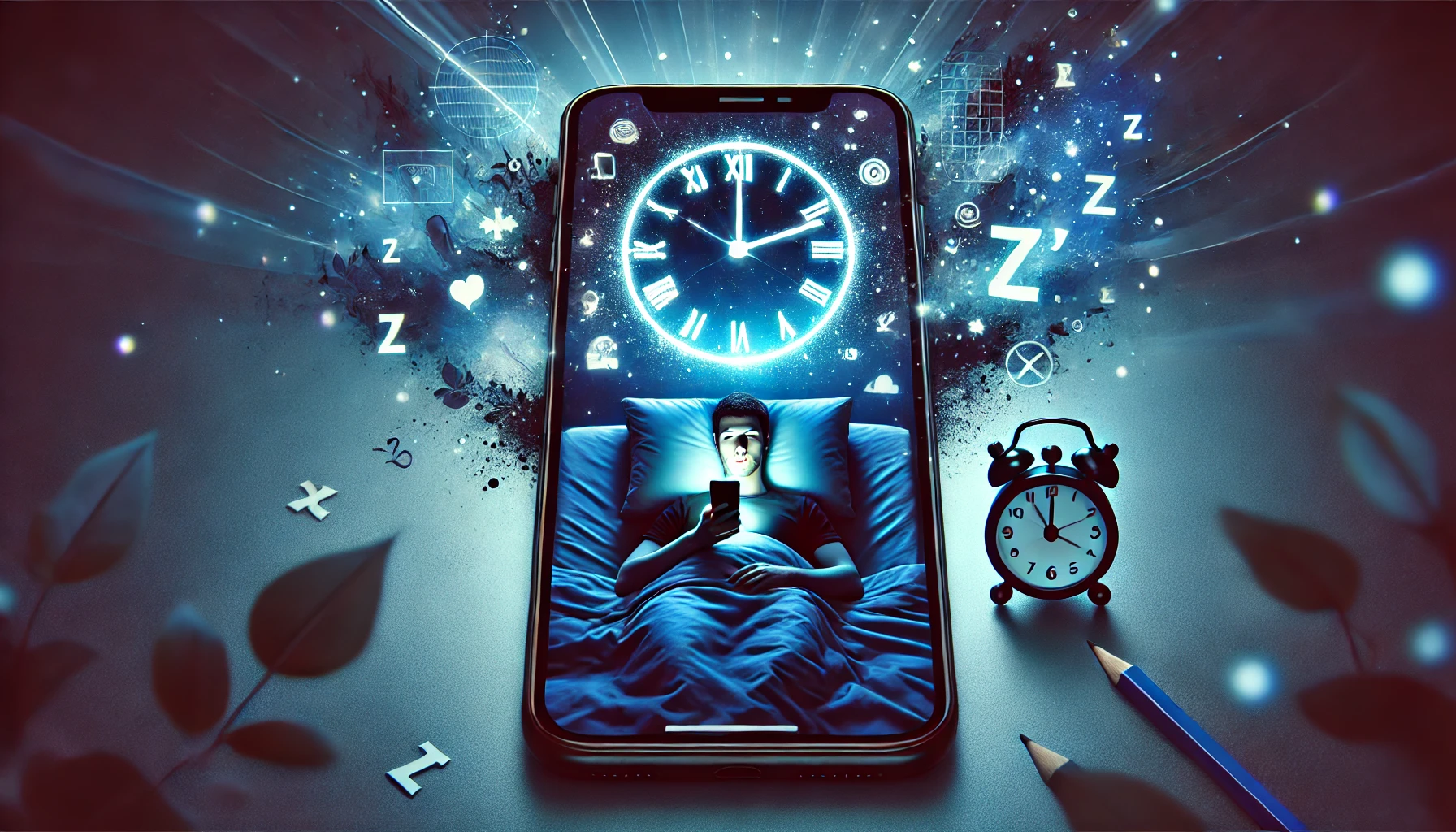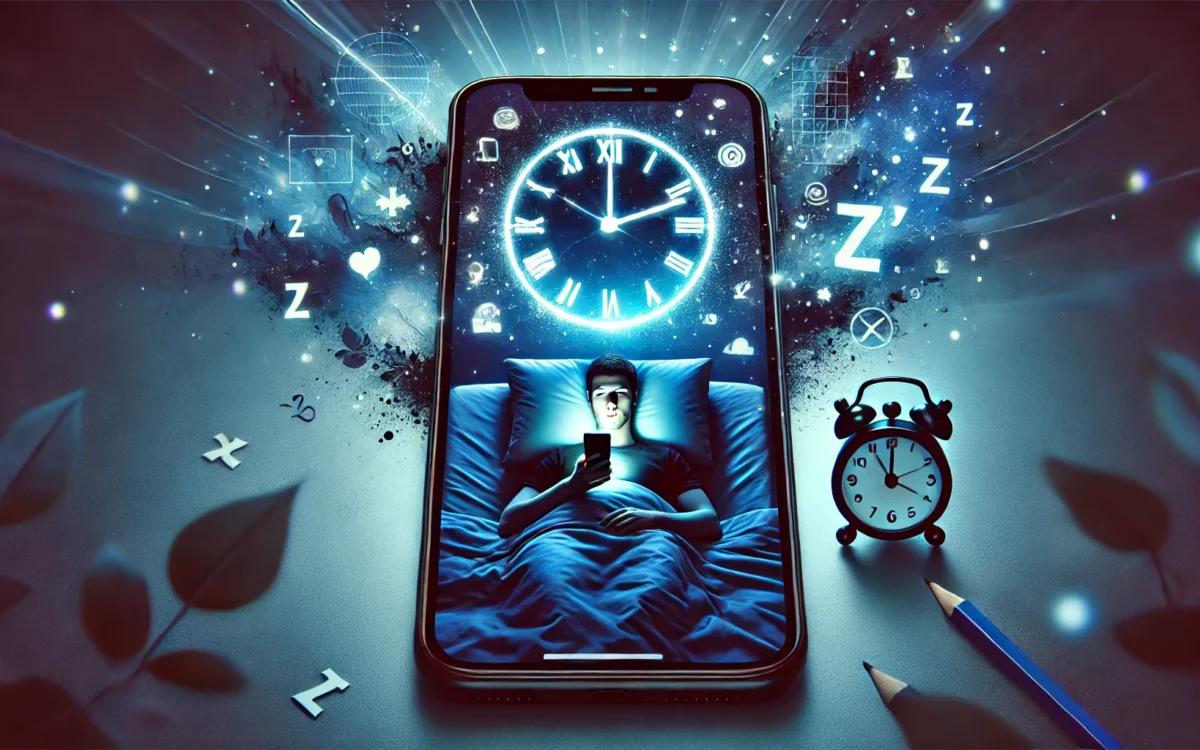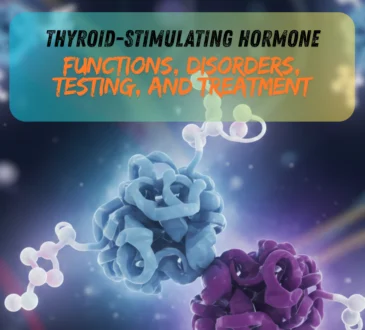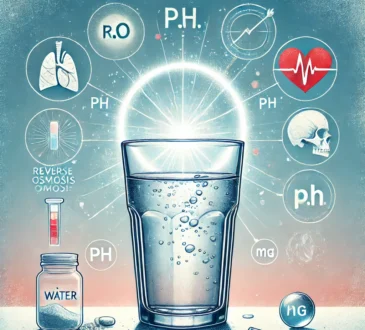
The Effects of Smartphones on Sleep: A Comprehensive Analysis
In the digital age, smartphones have become an indispensable part of our lives. With their multifunctional capabilities, they provide us with entertainment, communication, and productivity tools, all in the palm of our hands. However, their pervasive presence has also raised significant concerns about their impact on various aspects of health, particularly sleep. This article explores the intricate relationship between smartphone usage and sleep, delving into the physiological, psychological, and societal implications.
The Importance of Sleep
Sleep is a vital physiological process necessary for physical and mental well-being. It plays a critical role in memory consolidation, emotional regulation, immune function, and overall cognitive performance. The recommended amount of sleep for adults is 7-9 hours per night, while children and teenagers require even more. Despite its importance, many people struggle to achieve sufficient, high-quality sleep, and one of the significant culprits is smartphone usage.
Smartphones: Ubiquity and Addiction
Smartphones are more than just tools; they are gateways to information, entertainment, and social interaction. This accessibility has led to widespread usage and, in some cases, addiction. Nomophobia, or the fear of being without a mobile phone, exemplifies the extent of our dependence on these devices. While smartphones offer convenience, their misuse, especially during bedtime, has proven to disrupt sleep patterns.
The Role of Blue Light
One of the most researched aspects of smartphones and sleep disruption is the emission of blue light from screens. Blue light has a short wavelength and high energy, which suppresses the production of melatonin, a hormone responsible for regulating sleep-wake cycles. Prolonged exposure to blue light, particularly in the evening, can delay the onset of sleep and reduce overall sleep quality.
How Blue Light Affects the Circadian Rhythm
The human body operates on a circadian rhythm, an internal clock that regulates sleep and wakefulness over a 24-hour period. Blue light exposure from smartphones mimics daylight, signaling the brain to stay alert and active. This interference with the natural circadian rhythm can result in:
- Delayed sleep onset
- Shortened sleep duration
- Reduced REM (Rapid Eye Movement) sleep, essential for cognitive and emotional health
Psychological Effects of Smartphone Usage Before Bed
Smartphones not only impact sleep through blue light exposure but also through the psychological stimulation they provide. Engaging in activities like scrolling through social media, replying to emails, or watching videos can overstimulate the brain, making it harder to relax and transition into sleep.
Combating Glacier Melt: A Multifaceted Approach from Global Mitigation to Local Adaptation
Stress and Anxiety
- Social media platforms often expose users to content that can provoke stress or anxiety, such as negative news or unrealistic standards of success and beauty.
- Fear of missing out (FOMO) encourages individuals to stay connected, often at the expense of sleep.
Hyperarousal
- Smartphones are designed to capture and hold attention. Notifications, bright screens, and engaging content can lead to hyperarousal, a state of increased alertness that interferes with the natural process of falling asleep.
Sleep Disorders Linked to Smartphone Usage
Insomnia
Excessive smartphone use, especially at night, is a significant contributor to insomnia. Constant engagement with the device delays bedtime and interferes with sleep initiation.
Sleep Onset Latency
The time it takes to fall asleep, known as sleep onset latency, increases with prolonged smartphone use before bed. This delay often leads to reduced total sleep time.
Nighttime Awakenings
Smartphone notifications can disturb sleep by causing nighttime awakenings. Even silent vibrations can be enough to rouse a light sleeper.
Smartphones and Sleep in Adolescents
Adolescents are particularly vulnerable to the negative effects of smartphone usage on sleep. Their developing brains require more sleep, yet studies show that smartphone addiction is prevalent among teenagers. Social media, gaming, and instant messaging are common activities that extend screen time into late-night hours, significantly reducing sleep duration and quality.
Academic and Health Consequences
- Sleep deprivation in adolescents can lead to poor academic performance, mood swings, and an increased risk of depression and anxiety.
- Chronic sleep deprivation during adolescence can have long-term health implications, including obesity, diabetes, and cardiovascular issues.
Societal Implications
Workplace Productivity
Employees who suffer from sleep deprivation due to excessive smartphone usage often experience decreased productivity, increased absenteeism, and a higher likelihood of workplace errors.
Public Safety
Smartphone-induced sleep deprivation has broader societal implications, such as an increased risk of accidents due to drowsy driving. The National Sleep Foundation reports that sleep-deprived drivers are significantly more likely to cause accidents.
Strategies to Mitigate the Effects
Limiting Screen Time
- Establishing a “digital curfew” by turning off devices at least one hour before bedtime can significantly improve sleep quality.
- Using apps to track and limit screen time can help users manage their usage effectively.
Blue Light Filters
- Most smartphones now come with built-in blue light filters or “night mode” settings that reduce blue light exposure. Using these features can minimize melatonin suppression.
- Alternatively, blue light-blocking glasses are an effective option for evening screen use.
Creating a Sleep-Conducive Environment
- Keeping smartphones out of the bedroom or placing them in “do not disturb” mode can prevent nighttime disruptions.
- Replacing digital alarms with traditional alarm clocks reduces the temptation to check the phone at night.
Mindfulness and Relaxation Techniques
- Engaging in mindfulness exercises, reading a book, or practicing relaxation techniques can help signal the brain that it’s time to wind down.
The Role of Education and Awareness
Educating individuals, especially adolescents, about the importance of sleep and the impact of smartphones is crucial. Schools, workplaces, and healthcare providers can play a significant role in promoting healthy smartphone habits and emphasizing sleep hygiene.
Future Research and Technological Innovations
The relationship between smartphones and sleep is an evolving field of study. Future research could focus on:
- Developing smarter technologies that minimize negative effects on sleep, such as improved screen filters or automated shutoff features.
- Exploring the long-term consequences of chronic smartphone-induced sleep deprivation.
Technological innovations that encourage healthier usage patterns, such as apps promoting mindfulness or sleep-friendly screen designs, could also play a pivotal role.
Conclusion
The advent of smartphones has revolutionized the way we live and communicate, but their impact on sleep cannot be overlooked. From blue light exposure to psychological stimulation, smartphones disrupt natural sleep processes, leading to a cascade of negative health and societal outcomes. By adopting mindful usage habits, leveraging technology to mitigate harm, and promoting education about sleep hygiene, we can strike a balance between staying connected and ensuring restful, rejuvenating sleep





